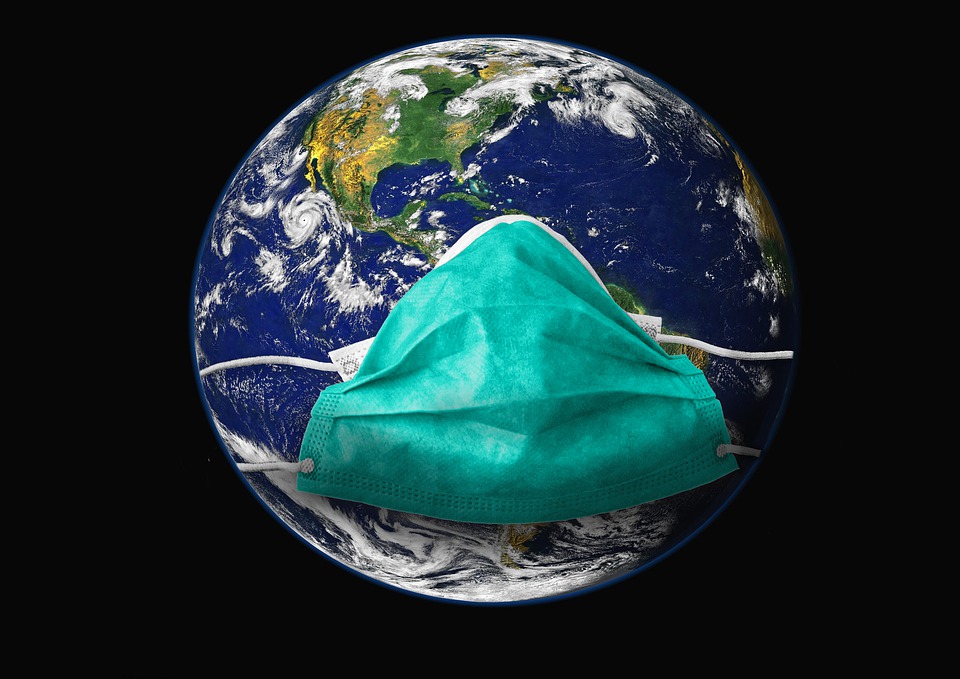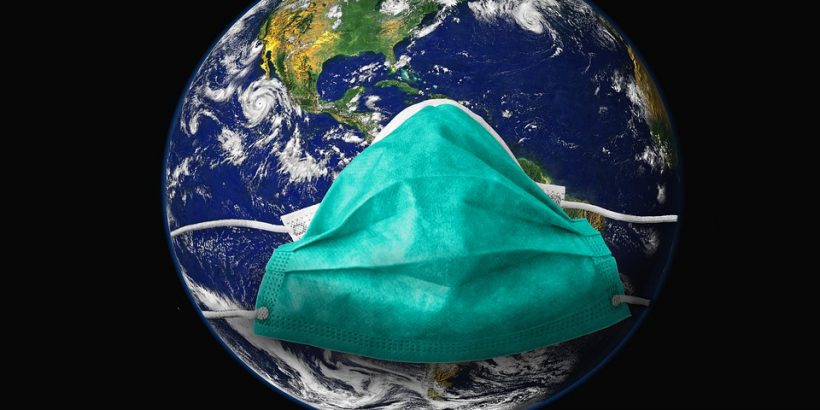
By Jessica Larson, SolopreneurJournal.com
Times of transition are always challenging, and we’re in the second major transition of the past two years. First, we transitioned from “normal” to a nation of social distancing, remote work, and quarantines. Now, we’re headed in the opposite direction, but “normal” won’t look the same as it once did.
As we do when we’re moving from one home to another, we’ll have to decide what to take with us and what to leave behind. Some lessons will apply to our new situation, and some won’t make sense beyond the pandemic.
The question is how to distinguish between the two. Here are a few clues.
Take: The Ability to Adapt
We had to make a lot of adjustments during the pandemic. Continuing to cultivate that ability will serve us well in the years ahead. There’s every indication that the world will keep changing rapidly beyond the pandemic, from the way we interact to the way we entertain ourselves to the way we buy and sell products. (Hint: Technology will have a big impact on all those areas.)
Many of us needed to adapt to working from home during the pandemic. We may need to adapt again if we’re called back to an office environment or hybrid work situation.
Leave: Isolation
We had to isolate ourselves out of necessity during the worst of the pandemic. Much of our communication came through social media, texting, Skype, and Zoom. That wasn’t ideal. Neither was missing out on interactions with friends and family. It was necessary for a time, but it shouldn’t be something that outlasts the pandemic.
Loneliness and social isolation were on the rise even before the pandemic. Social media users felt it most, with Gen Z’ers having fewer face-to-face conversations than their predecessors. That should make clear that what we were doing wasn’t working. Isolation isn’t something we want to take with us.
Take: Practical Preparedness
One thing the pandemic taught us was to be prepared for anything. We weren’t prepared for a pandemic itself, and we paid the price. Granted, deadly viruses don’t spread globally every day, but there are situations we’ve learned to prepare ourselves for.
We can put away money for retirement. We can take out homeowner’s insurance. We can carry a car emergency kit in our trunk and keep a first aid kit with us when we go on vacation. We might have let some of those preparations lapse at times before the pandemic, but… lesson learned: An ounce of preparation is worth a pound of cure.
Leave: Excess Baggage
It’s natural to deep clean in the spring because it’s a time of new beginnings. As we come out of the pandemic, it’s another time of new beginnings, so why not clear out things we don’t need?
Clean out your attic or the spare room where you’ve been storing those excess belongings, and hold a yard sale or sell them online. You can use the space for something cool, like an office or a game room.
“Excess baggage” doesn’t have to be only physical, though. Consider whether you need to leave behind the clutter of resentment and other negative attitudes that built up during the pandemic. It’s time for a clean slate.
Take: Healthy Habits
We won’t be wearing masks and social distancing forever, but that doesn’t mean we should chuck all the precautions we started taking during the pandemic.
Washing our hands a little more often and carrying hand sanitizer with us are probably good ideas in any environment. COVID isn’t the only virus out there, and while we were working to fend it off, we were also keeping ourselves safer from the flu.
Good health is something we can take with us if we get vaccinated, get active, and stay focused on wellness as we come out of the pandemic.
Leave: Assumptions
We tend to assume the world will always stay the same. How many of us (or our parents) assumed that disposable cameras, pay phones, typewriters, folding maps, indoor malls, and cassette tapes were here to stay?
The truth is, things evolve. The economy changes, and we find ourselves changing jobs more often than ever before. The pandemic may have accelerated some changes and interrupted others, but change will continue after it’s over. Outdated assumptions won’t do us any good then.
A lot happened during the pandemic, and a lot more lies ahead. What’s around the next corner? Who knows? Perhaps that’s the biggest lesson we can learn from the pandemic: We don’t know everything, and there are still lessons left to be learned. In fact, there always will be.
